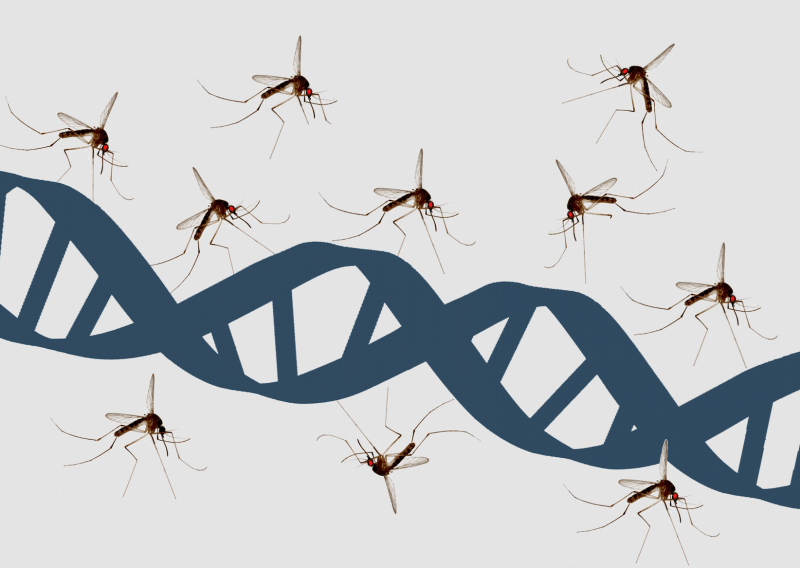Gene-editing technologies that alter mosquitoes’ DNA could prove critical in the fight against malaria, Bill Gates said on [April 18], and ethical concerns should not block progress in such gene-modifying research.
Speaking at the Malaria Forum conference in London, the billionaire Microsoft co-founder and philanthropist said that while gene editing raised “legitimate questions”, these should not jeopardise exploration of tools such as clustered regularly interspaced short palindromic repeats (CRISPR) gene editing and so-called “gene-drive technologies”.
…
The techniques are being explored across science — from human medicine to livestock-and crop-breeding. In mosquitoes that transmit malaria, genetic alterations can be used to induce infertility to reduce populations, or alter the insects’ ability to carry and pass on the malaria parasite.
The technologies can be extremely powerful, but they are also controversial, since such genetically engineered organisms released into the environment could have an unknown and irreversible impact on the ecosystem. Asked in a interview with Reuters about that controversy, Gates said there were understandable concerns about safety and efficacy that would need to be addressed in research and trials.
However, he countered: “Malaria itself is quite controversial — it kills about 400,000 kids a year. So we’re definitely not on the side of malaria.” He also noted that at their summit in January, leaders of the African Union (AU) endorsed gene-drive research as part of the fight against a disease that continues to kill their people.
Read full, original post: Gene-editing’s ethical concerns should not hold back malaria research, says Bill Gates































